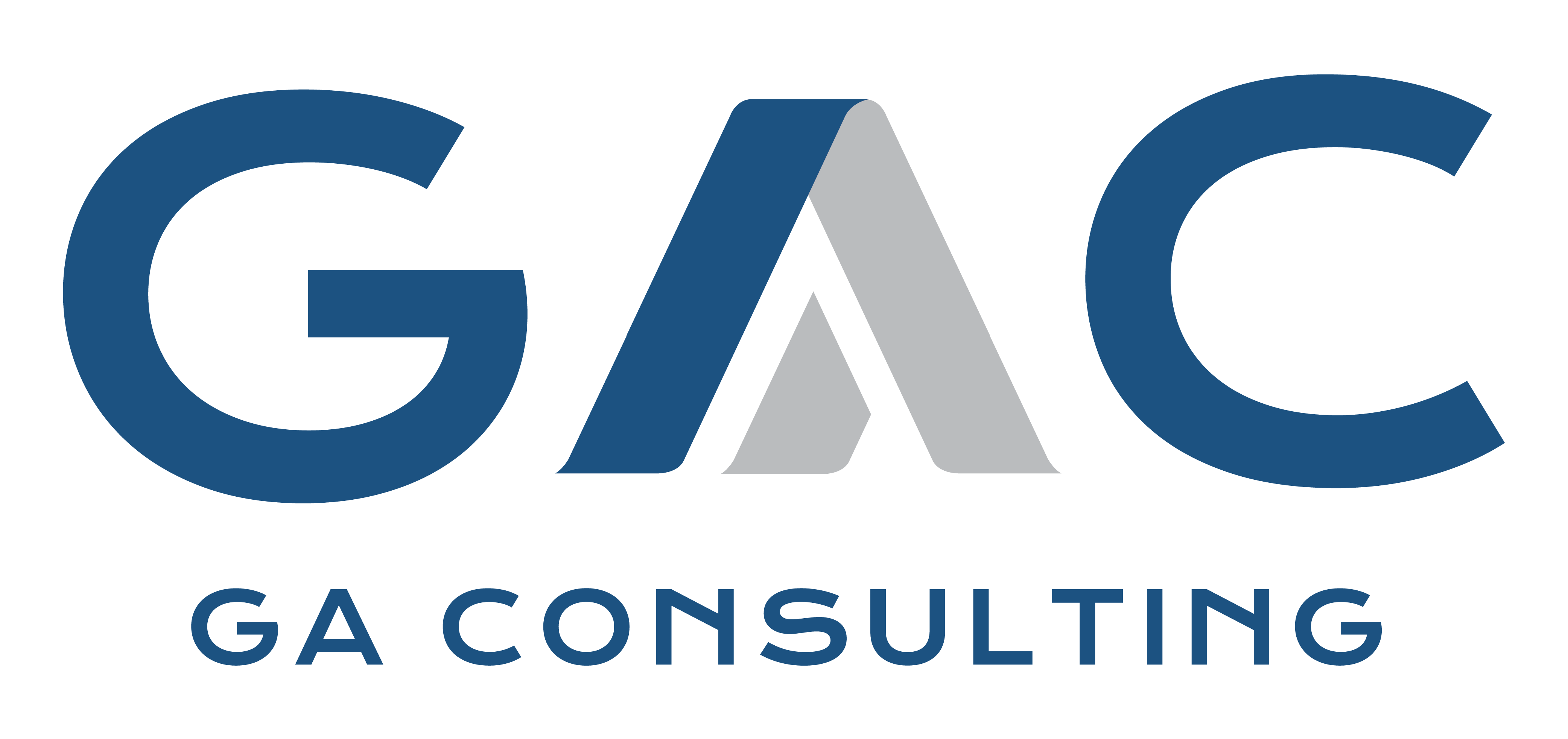Freelancing offers flexibility and independence, but it also comes with unique tax responsibilities. Understanding the different tax classifications for freelancers—Professional, Single Proprietor, Mixed Income Earner—is essential for managing your finances and ensuring compliance with the law. In this blog, we will define each classification, outline their requirements and tax obligations, and provide our recommendations for freelancers.
Understanding Tax Classifications for Freelancers
Freelancers fall into various tax classifications based on their income sources and work nature. These classifications impact how you report income and pay taxes.
Professional
- Definition: This is what we recommend for freelancers, as the requirements and compliance are simpler. You don’t need to have a DTI certificate.
- Requirements:
- Register your business with the Bureau of Internal Revenue (BIR).
- Tax Obligations:
- Annual ITR Filing
- Quarterly ITR Filing
Sole Proprietor
- Definition: If you’re a freelancer with a team, you might be required to register as a single proprietorship, especially if you will hire full-time employees.
- Requirements:
- Register your business with the Department of Trade and Industry (DTI).
- Secure a business permit.
- Register your business with the Bureau of Internal Revenue (BIR).
- Keep accurate records of income and expenses.
- Tax Obligations:
- Annual ITR Filing
- Quarterly ITR Filing
Mixed Income Earner – Freelancer AND Employment
- Definition: If you are freelancing and employed at the same time, your taxpayer type will be classified as a Mixed Income Earner.
- Requirements:
- Register your business with the Bureau of Internal Revenue (BIR).
- Tax Obligations:
- Annual ITR Filing
- Quarterly ITR Filing
Navigating Tax Classifications for Freelancers
Understanding the different tax classifications for freelancers—Professional, Single Proprietor, Mixed Income Earner—helps you manage your tax responsibilities effectively. Each classification has unique requirements and benefits, so it’s crucial to identify which one fits your situation. By grasping these classifications, you can ensure compliance, optimize your tax liabilities, and focus on growing your freelance business.

Ready to Simplify Your Freelance Tax Journey?
Download for FREE our Freelancers DIY BIR Registration and BIR Tax Compliance Guide, Freelancer Income Tax Calculator, and Free Tax Consultation Call. Equip yourself with the right tools to navigate your tax responsibilities with confidence.
Stay ahead in freelancing! Follow us on TikTok, YouTube, Facebook, and Instagram for exclusive tips, updates, and insights that can help you succeed.

